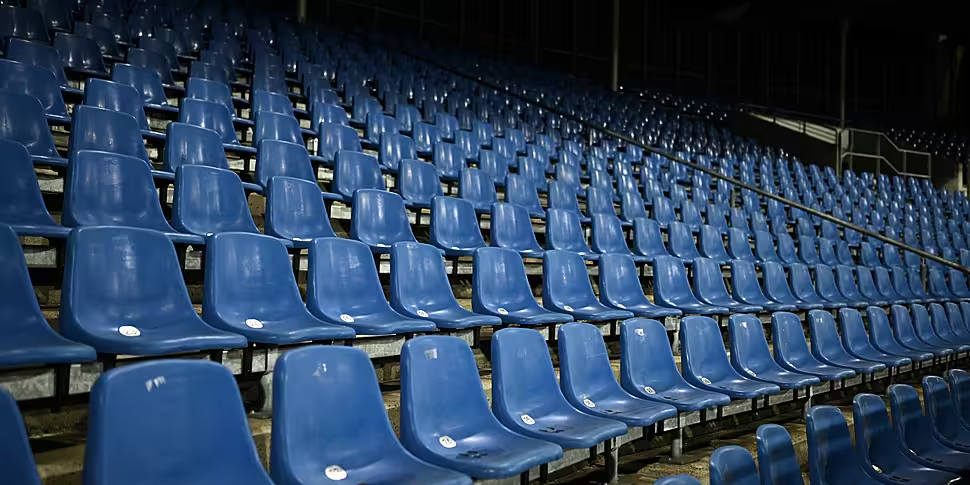Professor Aoife McLysaght says she's concerned the COVID-19 crisis will 'drag on into 2022' if Ireland doesn't adopt a zero COVID approach now.
The Professor of Genetics at Trinity College is one of several prominent scientists lending their support to a new campaign aimed at getting Ireland to adopt a strategy to eliminate the virus from the country.
'We Can Be Zero’ was launched by the Independent Scientific Advocacy Group today in a bid to get members of the public on board with the strategy.
#ZeroCovid is not a promise, it is a destination.
It is the way we can live together again.
Join us today. Please RT.https://t.co/bnnVaV8FxA#WeCanBeZero pic.twitter.com/RhB9UGlkIp— WeCanBeZero (@WeCanBeZero) February 1, 2021
On today's Hard Shoulder, Professor McLysaght said a zero COVID approach would mean two major changes.
She said: “Hotel quarantine would be proper hotel quarantine, not just from specific countries… if you really want to prevent variants coming into Ireland, you need to quarantine everybody. We need to make sure we don’t bring it in.
“The other thing is to resource the public health unit properly. Public health medicine is a specific specialty in medicine.
"In Ireland, our public health doctors are not properly resourced. If they were, they’d be really, really valuable for us in fighting the pandemic."
She suggested that members of the public are already doing their part in the current lockdown, and what's lacking is 'actions on the Government side'.
The scientist said that authorities 'certainly shouldn't' relax restrictions like they did in December, when cases were still around 200-300 per day.
She observed: "When we exit lockdown, how we exit lockdown… it has to be very low for it to be safe. We’d be talking about if you were less than 50 or especially less than 10 cases per day, then it’s safer to exit lockdown in a way that can be managed with non-lockdown measures.
"[That would mean] public health doctors can chase every case… think of it like it’s a fire. You don’t put a fire halfway out and turn your back on it… you put it all the way out.
"When we get out of lockdown, we shouldn’t have a situation that’s unstable that just sends us back into another lockdown. The vaccine rollout is going to take the guts of this year, and as we see even then there can be unpredictability."
Professor McLysaght said a long-term strategy is now what's needed, that accounts for the risk of new variants that may be more resistant to vaccines.
'I'm honestly concerned'
In places like New Zealand - which has effectively eliminated COVID-19 in the community - people have now returned to mass gatherings such as sports matches and music festivals.
NPHET members have expressed skepticism that a similar strategy would be feasible here, but Professor McLysaght argued that's because the political decisions needed haven't been made yet.
She observed: "The idea of the Aviva Stadium full of Six Nations fans watching the rugby... this is not something people are itching for in the short-term. People want to hug their grandchildren and see their friends.
“My concern is if we don’t go to zero COVID now, we won’t even be able to fill the Aviva Stadium in 2022. I’m honestly concerned this is going to drag on.
“Last summer, people thought it was over… the people like us who were saying it’s still dragging on were the merchants of doom and nobody wanted to listen. But honestly, we have to make sure this doesn’t keep going.”
She noted that some vulnerable people have effectively been in lockdown for nearly a year now, and everyone now has to "demand better”.









